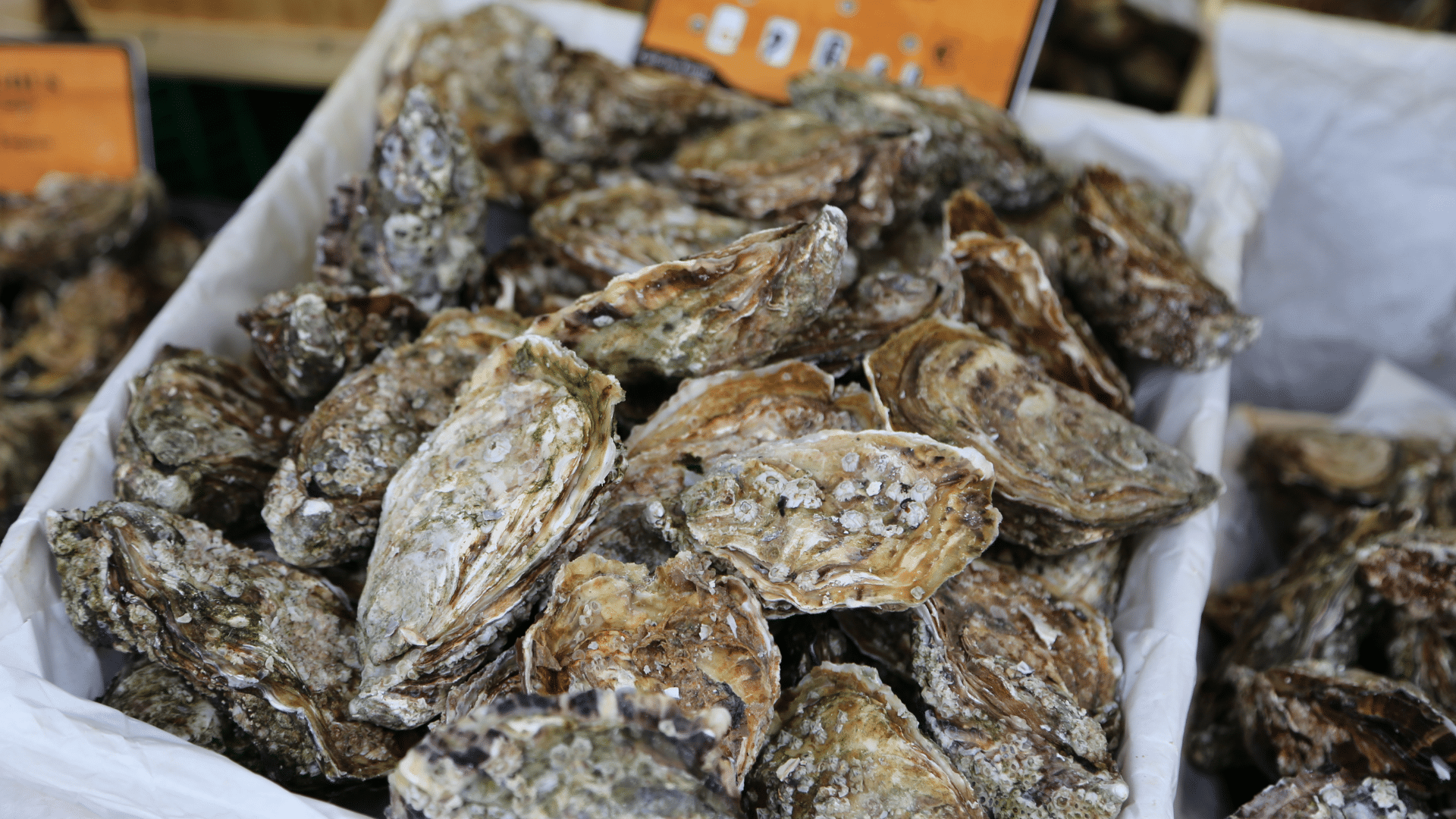
FRESH OYSTERS. The Bureau of Fisheries and Aquatic Resources (BFAR) lifts the red tide warning for three bays in Negros Oriental on Tuesday (Nov. 19, 2024). Shellfish and small shrimp from Bais Bay in Bais City, as well as Siit Bay and Tambobo Bay in Siaton town, are now safe for human consumption after recent laboratory tests confirmed the absence of harmful algal blooms. STOCK PHOTO
DUMAGUETE CITY — The Bureau of Fisheries and Aquatic Resources (BFAR) has lifted the red tide warning for three bays in Negros Oriental after laboratory results confirmed the absence of harmful algal blooms (HABs).
All shellfish and “alamang” (small shrimp) collected from Bais Bay in Bais City, as well as Siit Bay and Tambobo Bay in Siaton town, are now deemed safe for human consumption, according to BFAR advisories.
BFAR-Negros Oriental provincial chief Florencia Mepaña said two separate shellfish advisories from the BFAR-7 (Central Visayas) office, dated Nov. 19, confirmed the lifting of the warning that was initially issued on Oct. 25.
BFAR personnel collected samples from the three bays on Nov. 4 and 11 for laboratory analysis.
“The results of the samples submitted and analyzed were all below the Philippine Regulatory Limit for Paralytic Shellfish Poison (PSP),” according to the advisories signed by BFAR-7 Regional Director Mario Ruinata.
In September, BFAR issued a red tide warning for Bais Bay due to high toxin levels that posed risks of PSP. Subsequent sampling in the affected bays detected elevated concentrations of pyridinium and saxitoxins, harmful substances that can cause illness or fatalities when consumed in high amounts.
Mepaña said continued monitoring of water and shellfish samples from the three bays will be conducted regularly by BFAR and the local government units of Bais City and Siaton to protect public health and safeguard the shellfish industry.
The red tide advisory is a precautionary measure issued when HAB toxins exceed safe levels for human consumption. (PNA)